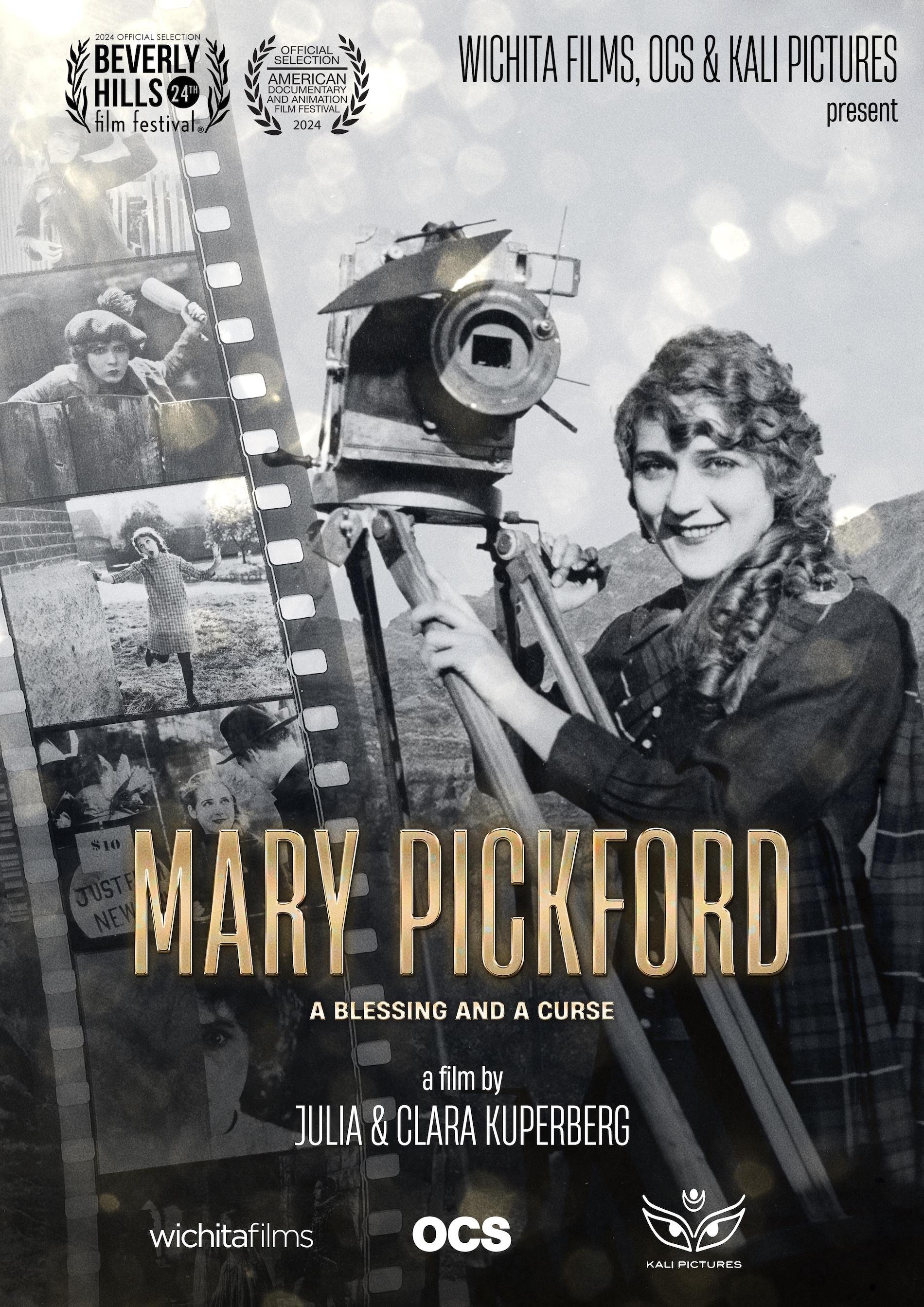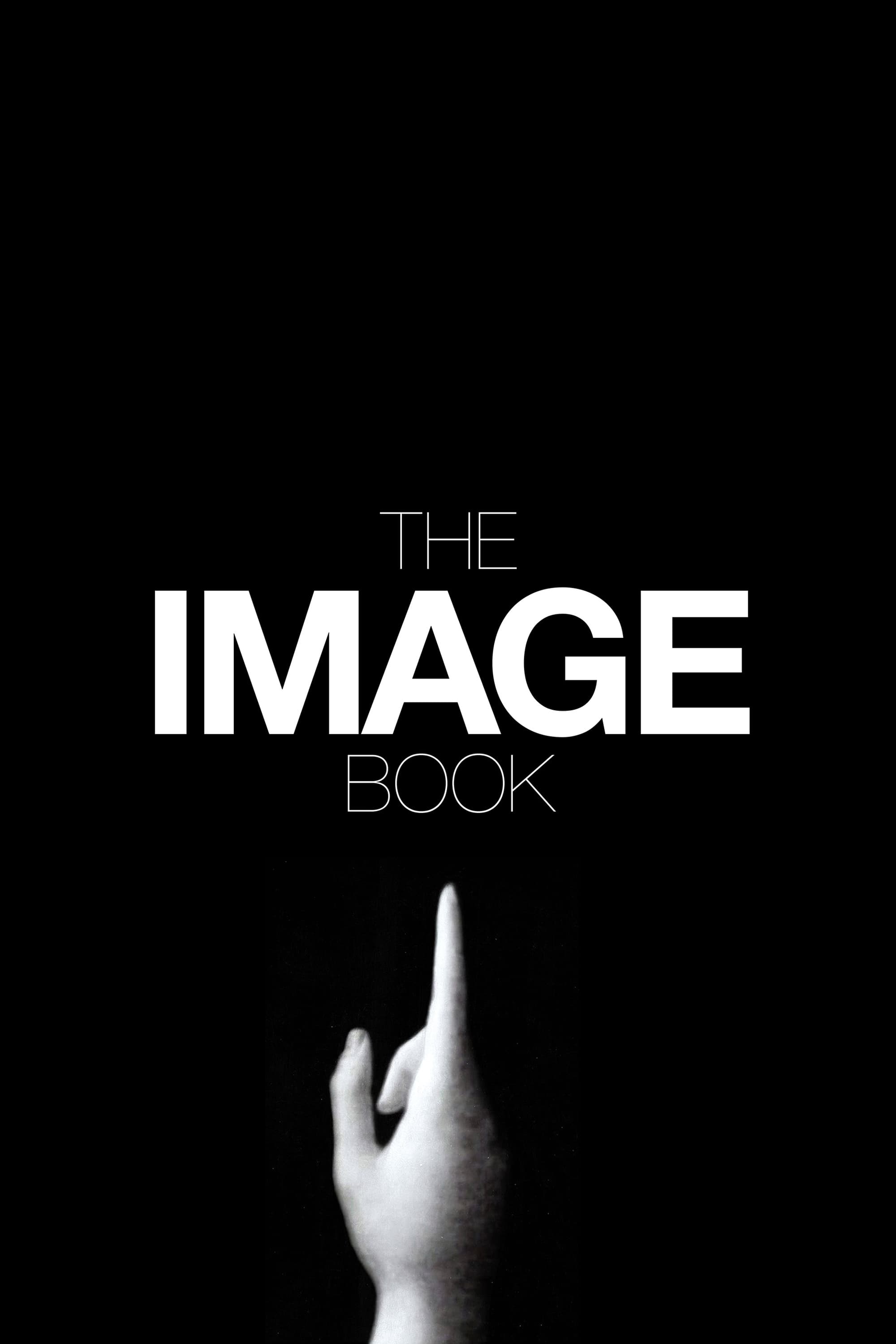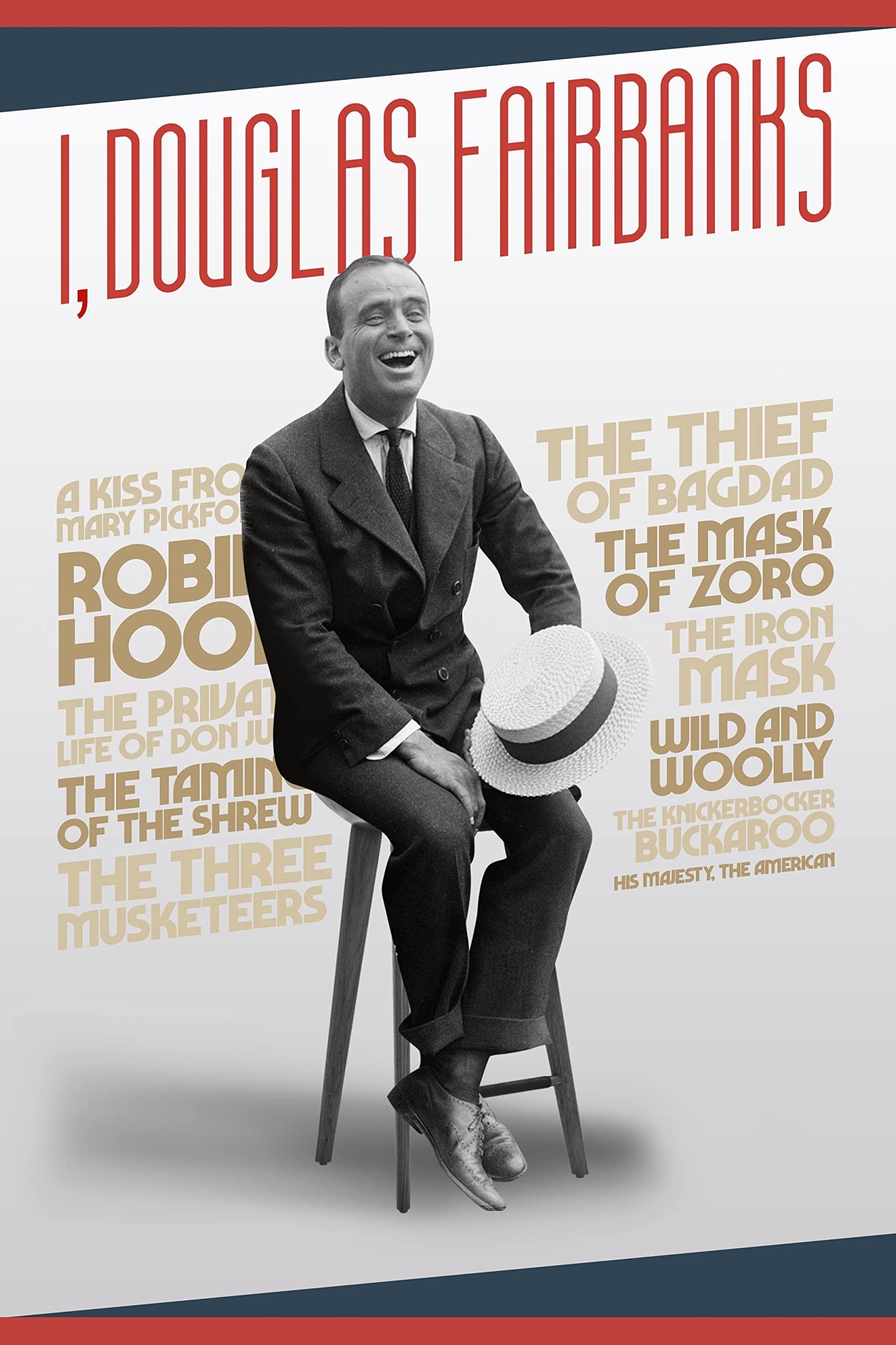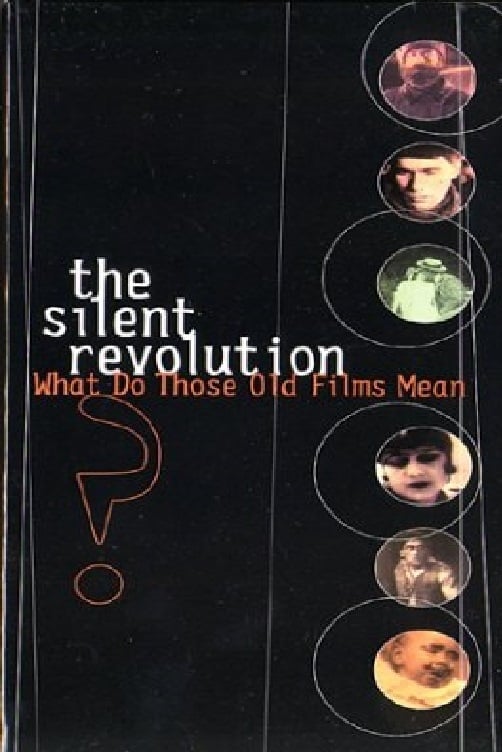

Mary Pickford's name remains inseparable from the legend of American cinema. She invented the star system at the beginning of the 20th century, and was the biggest star ever known, not just in Hollywood, but worldwide, at a time when actors didn't even have their names on movie posters. She was more than a pioneer, she was a jack-of-all-trades: world-famous star, producer and formidable businesswoman, screenwriter and director in the shadows, studio boss, Mary Pickford alone embodied the entire legend of cinema and the advent of women in that particular era.

In Le Livre d’Image, Jean-Luc Godard recycles existing images (films, documentaries, paintings, television archives, etc.), quotes excerpts from books, uses fragments of music. The driving force is poetic rhyme, the association or opposition of ideas, the aesthetic spark through editing, the keystone. The author performs the work of a sculptor. The hand, for this, is essential. He praises it at the start. “There are the five fingers. The five senses. The five parts of the world (…). The true condition of man is to think with his hands. Jean-Luc Godard composes a dazzling syncopation of sequences, the surge of which evokes the violence of the flows of our contemporary screens, taken to a level of incandescence rarely achieved. Crowned at Cannes, the last Godard is a shock film, with twilight beauty.

The dashing and dazzling Douglas Fairbanks was the movie star who "swashbuckled in Zorro, dueled exuberantly in Robin Hood and soared magnificently in The Thief of Bagdad"-- He was the "First King of Hollywood".

How can the masses be controlled? Apparently, the American publicist Edward L. Bernays (1891-1995), a pioneer in the field of propaganda and public relations, knew the answer to such a key question. The amazing story of the master of manipulation and the creation of the engineering of consent; a frightening true story about advertising, lies and charlatans.

The story of Italian cinema under Fascism, a sophisticated film industry built around the founding of the Cinecittà studios and the successful birth of a domestic star system, populated by very peculiar artists among whom stood out several beautiful, magnetic, special actresses; a dark story of war, drugs, sex, censorship and tragedy.

Noel Burch’s fascinating and well-made (if at times historically contestable) six-part BBC television series, about early silent cinema in Denmark, England, the Soviet Union, France, Germany, and the U.S., mixes beautiful clips of rare films with various social theories about their significance.
Douglas Fairbanks, Sr. (May 23, 1883 – December 12, 1939) was an American actor, screenwriter, director and producer. He was best known for his swashbuckling roles in silent films such as The Thief of Bagdad, Robin Hood, and The Mark of Zorro. An astute businessman, Fairbanks was a founding member of United Artists. Fairbanks was also a founding member of The Motion Picture Academy and hosted the first Oscars Ceremony in 1929. With his marriage to Mary Pickford in 1920, the couple became Hollywood royalty with Fairbanks constantly referred to as "The King of Hollywood", a nickname later passed on to actor Clark Gable.
By browsing this website, you accept our cookies policy.